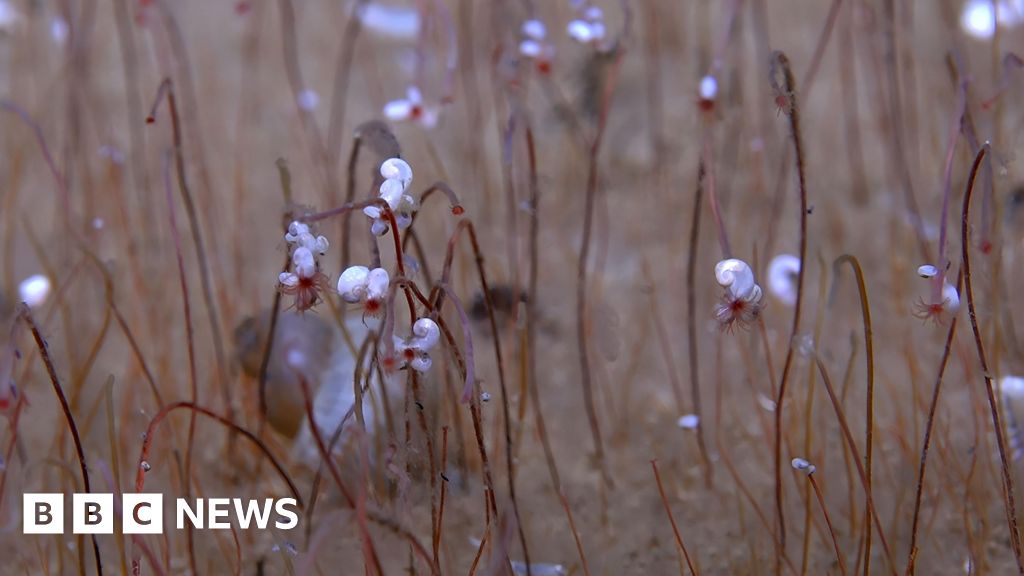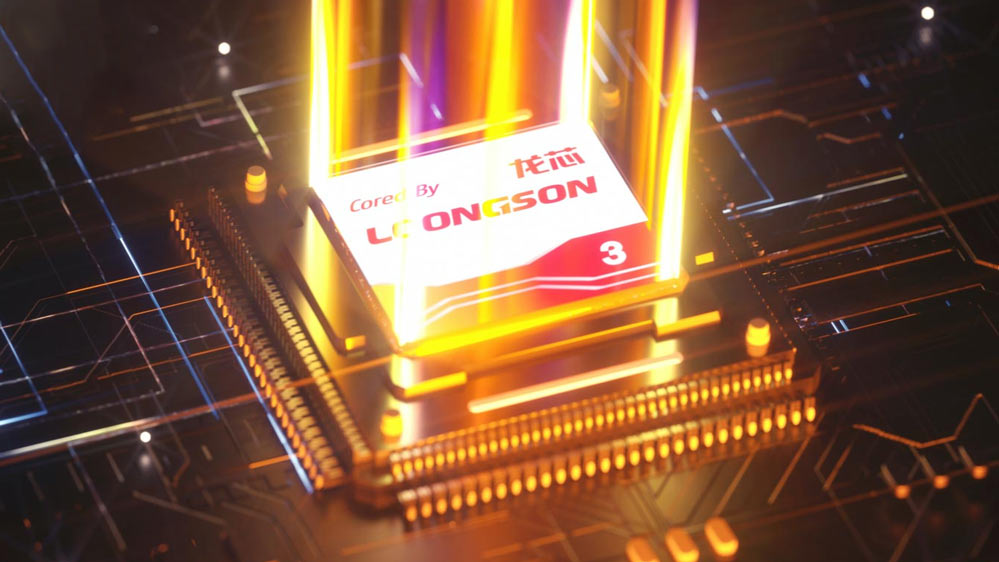
Decoding the Chinese Computer
In 2014, Stanford historian Thomas Mullaney placed a call he had been waiting to make for a decade. The woman who picked up, Lois Lew, was a Chinese-American who had spent most of her life running a restaurant in upstate New York. Few knew that, in her youth, she had played a key role in demonstrating the feasibility of an invention once thought impossible: an electric Chinese typewriter.
As the first-ever professional Chinese input operator, Lew was tasked with showing off Chung-chin Kao’s innovative Chinese typewriter system to roomfuls of skeptical journalists and investors in the 1940s. Although Kao’s complex machine failed to catch on, Lew’s presentations were a success: She proved that the device could be mastered — and by extension, that one of the world’s most ancient scripts could be brought into the age of electromatic automation.
Lew passed away in 2023, but her story would form the basis for a crucial chapter in Mullaney’s 2024 book, “The Chinese Computer,” which explores the global effort to digitize Chinese characters. It was a problem that drew in engineers, linguists, and entrepreneurs from around the world — but also, as Mullaney points out, ordinary men and women like Lew.















